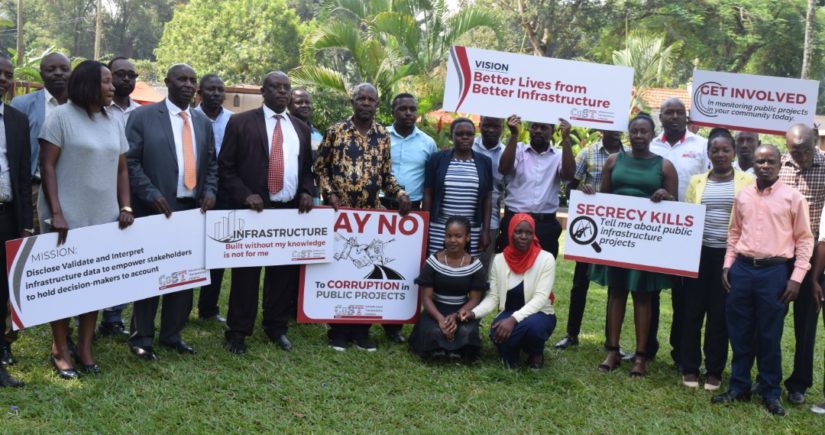CoST programmes across Africa – in Uganda, Tanzania, Ethiopia, Mozambique, Sekondi Takoradi (Ghana) and Malawi – have been adjusting to the new reality created by COVID-19. As in countries around the world, lock-downs and social distancing measures mean that communication and interaction have been transformed. CoST Africa Regional Manager Olive Kabatwairwe explores how CoST teams in Africa are responding to the challenges they now face, and finding opportunities to ensure infrastructure transparency remains a key consideration in the response to the pandemic.
COVID-19 has impacted communities around the world, stretching the most developed of healthcare systems and battering economies – large and small. Governments have implemented various measures, including travel restrictions and lock-downs, to deny the virus the “kindling” which would fuel it. This has affected the way we live, work and interact. Across Africa, we have learned to socialise online and adapted to the novel concept of social distancing.
Partial lock-downs have been observed in Uganda, Ethiopia, Ghana, Malawi and Mozambique, and have led to great challenges for CoST programmes across the continent. Employees around the world will be familiar with many of these: our staff are unable to access office facilities, instead working from homes which are often full of family members and young children. There can be obstructions from neighbours who make merry as you work, and internet connectivity has been weakened through overload.
To manage the impact this may have on the delivery of CoST – whether through community engagement or government-level advocacy – our teams in Africa have reformulated their planned activities and outputs. Some of these new tasks include:
Growing CoST’s online presence
Programmes have been advised to use this time as an opportunity to strengthen their online presence, sharing key findings and messaging from assurance processes through social media, and increasing awareness of infrastructure’s role in the response to the pandemic. CoST Uganda has continued engaging media outlets on the findings of its Third Assurance Report, and feature stories will soon be aired on television. A key activity also in the pipeline will be to move stakeholder engagements online, meaning communication with government, civil society and the private sector can continue.
Re-prioritising work schedules
Desk-based tasks such as online research and reviewing CoST assurance reports have been encouraged across the continent. CoST Sekondi-Takoradi (Ghana) is using this time to develop its online disclosure portal and recruit a consultant to conduct a Scoping Study, to identify key challenges in infrastructure delivery in the area. CoST Tanzania and CoST Uganda are also preparing to update their baseline studies to relay the overall picture of infrastructure transparency and accountability in each country, including mapping stakeholders and assessing the impact of CoST. All programmes have been encouraged to keep in close online contact with their multi-stakeholder groups, for guidance and support.
Planning for the future
While physical events have been put on hold for the time being, CoST teams across Africa are using this period to complete plans for future events, training workshops and meetings. This will include drafting concept notes, developing participant lists and identifying venues. Once the lock-downs are lifted, the programmes will be ready to swing in action and ensure that engagement on key issues in infrastructure continues.
